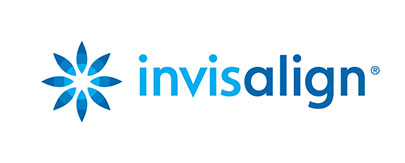Why is a Healthy Diet Important For My Oral Health?
Every time you eat or drink anything sugary, your teeth are under acid attack for up to one hour. This is because the sugar will react with the bacteria in plaque (the sticky coating on your teeth) and produce harmful acids. So it is important to have sugary foods or drinks just at mealtimes, limiting the amount of time your mouth is at risk.
Acidic foods and drinks can be just as harmful. The acid ‘erodes’ or dissolves the enamel, exposing the dentine underneath. This can make your teeth sensitive and unsightly.
A diet that is rich in vitamins, minerals and fresh fruit and vegetables can help to prevent gum disease.
Gum disease can lead to tooth loss and cause bad breath.
Take control of your oral health by making smart dietary choices—and let us help you keep your smile in top condition. Our team is here to support your journey to healthier teeth and gums with professional dental care tailored to your needs.
Book your appointment today and take the next step toward a stronger, brighter smile that lasts.





